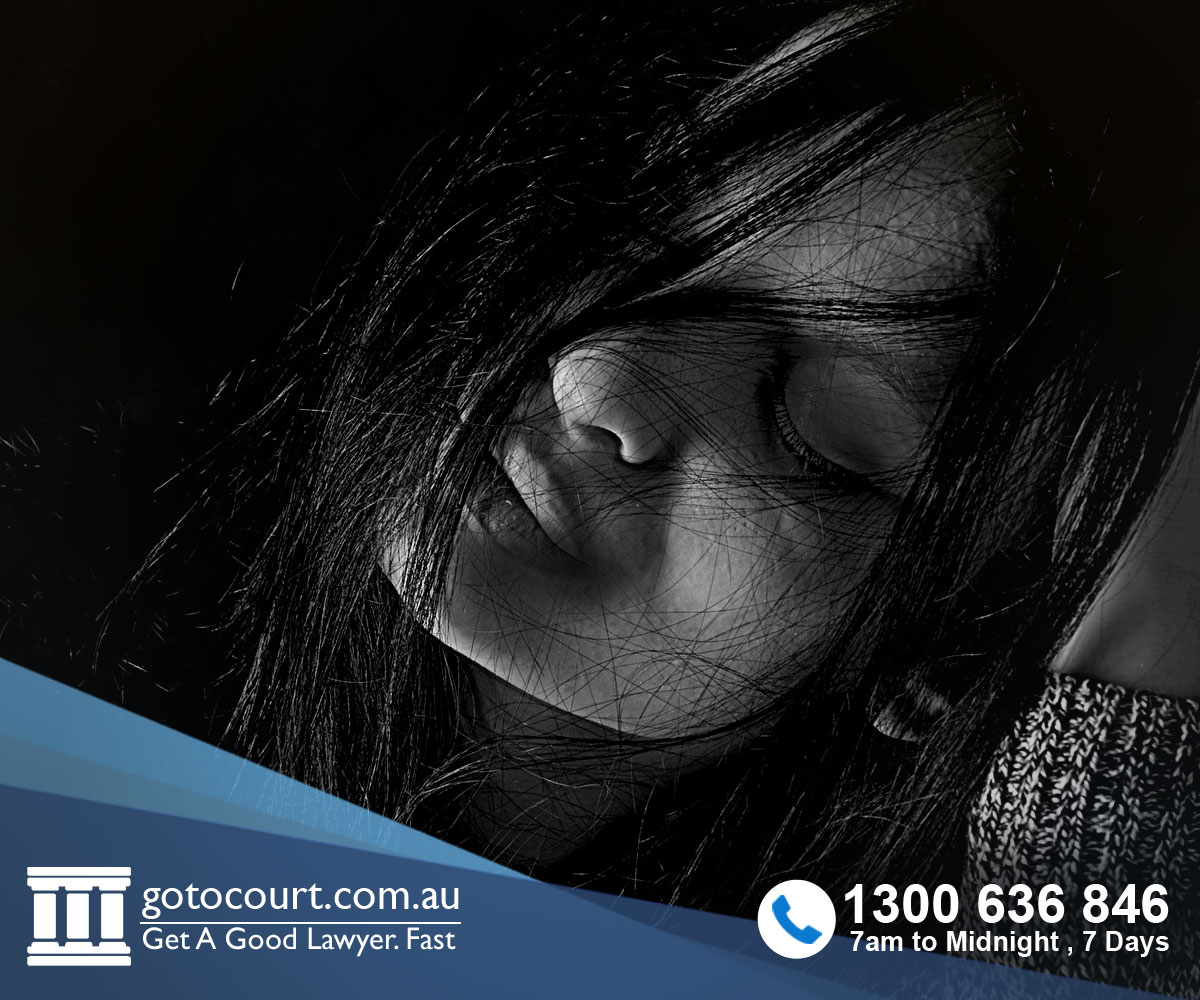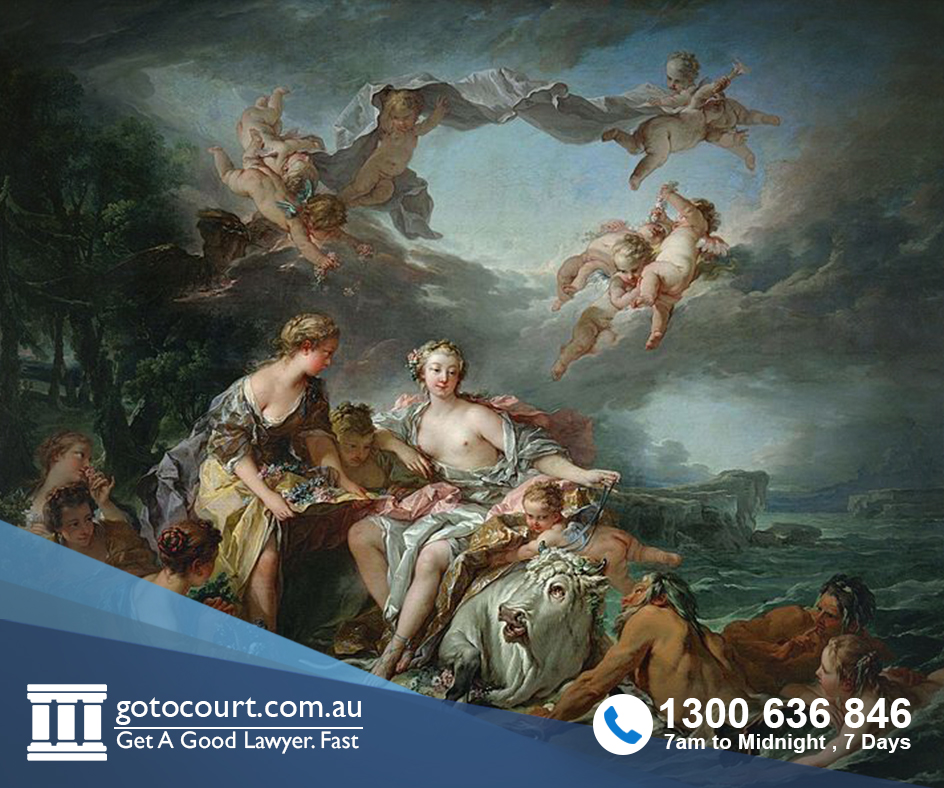Security License Reassessments (Vic)
In Victoria, a private security license authorizes a person to carry out security guard work, security guard training, bodyguarding, crowd control and investigator work. Private security licenses in Victoria are heavily regulated. There is a substantial number of obligations placed on license holders to ensure that they meet the required character and professional tests in order to retain their license. In Victoria, private security licences are governed by the Private Security Act 2004 (Vic), which is administered through the Licensing and Regulation Division of Victoria Police.
Many people adopt the ‘set and forget’ mentality in relation to their private security license. However, there are ongoing reporting obligations imposed on license holders to ensure their suitability to continue to hold a valid security license.
Ongoing obligations of security license holder
Pursuant to the Private Security Act 2004, each and every holder of a security license is required to comply with ongoing reporting obligations, as well as upholding a certain standard of behaviour.
Under the Act, there are several very serious criminal offences in relation to the use (or non-use) of a private security license. These offences carry significant penalties (up to and including imprisonment) for both the individual operator and the employer who employs them, as well as substantial periods of exclusion from obtaining a valid license in the future.
These offences mainly centre around (but are not limited to):
- Providing a private security service without a valid licence; and
- Providing a certain type of private security service without the appropriate licence.
The Act sets the parameters for the appropriate conduct of an individual and puts mechanisms in place in order to deal with any discrepancies or complaints.
Criteria for holding a security license
Under section 25 of the Act, any application to hold a private security licence is subject to a certain threshold or criteria that must be met in order for a licence to be granted (the same set of criteria applies should a review be held into a person’s eligibility for a licence).
These parameters include (but are not limited to):
- That the granting of a licence is in the public interest;
- That the applicant meets the probity requirements, namely;
- That they are a fit and proper person;
- That they are over 18;
- That they have not contravened any provision contained within the act which would justify a refusal of a licence;
- That they are not a prohibited person;
- That they have not been convicted of a serious criminal offence in the last 10 years;
- That they have not been found guilty of an offence which renders them unsuitable for a license in the last five years;
- That they have not been charged with a disqualifying offence such as –
- Cultivation of a narcotic;
- Trafficking a drug of dependence;
- Assault or violence against a person;
- An offence involving dishonesty or theft or the use of a firearm; or
- Several other serious criminal offences as outlined within the Act.
When is a security license reviewed?
There are two common ways in which a review of a person’s security license can be conducted under the Act. These are:
- By virtue of section 48 of the Act, under which any individual may lodge a complaint about the conduct of a holder of a private security licence to the Chief Commissioner (so long as the complaint is made within three months of the conduct taking place); or
- By virtue of section 50 of the Act, under which the Chief Commissioner may undertake a review of a person’s private security licence upon becoming aware of any matter which may justify a refusal if the person applied for a licence, or which may amount to conduct which is dishonest or discreditable.
As Victoria Police prosecute a large proportion of criminal offences, whilst also administering the granting and review of private security licences, it is likely that any criminal conviction or finding of guilt for criminal offences will trigger a review.
What is the procedure for review?
Should the Chief Commissioner hold concerns regarding a person’s eligibility to hold a valid private security license, the person will be provided with a notice from the Chief Commissioner advising of the specific reason why there is a proposal not to grant them a valid licence (including the particular section of the Act which is not satisfied). The person will be requested to make a written submission to the Chief Commissioner as to their suitability to continue to hold a private security licence.
Upon being provided such a notice, the person has 28 days to provide a written submission to the Chief Commissioner addressing their concerns. It is important that such a response is backed up by any further material that the Chief Commissioner specifically requests, as well as references and/or other material to show why they should retain their licence.
In some rare instances, upon receiving the person’s submissions the Chief Commissioner has the power to convene a private hearing into the matter to assess their eligibility. The person may be legally represented when participating in the hearing. Most commonly though, upon receiving a written response, the Chief Commissioner will make an assessment regarding the person’s eligibility and inform them of the outcome via written correspondence.
Should the license holder’s submissions be accepted, the Chief Commissioner will close the investigation and the person will be able to continue to undertake private security work (in line with the conditions of their license as per normal).
In the event that the Chief Commissioner refuses your submissions and provides you with a negative notice, you may seek that this decision be reviewed by VCAT; however, this must be conducted within 28 days of receiving your negative notice. In this situation it is important that you receive legal advice in relation to the merits of such an appeal.
If you require legal advice or representation in any legal matter, please contact Go To Court Lawyers.





